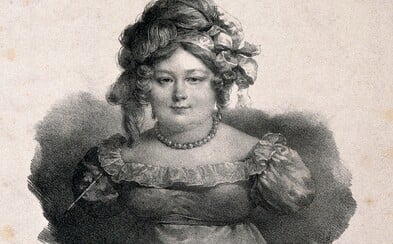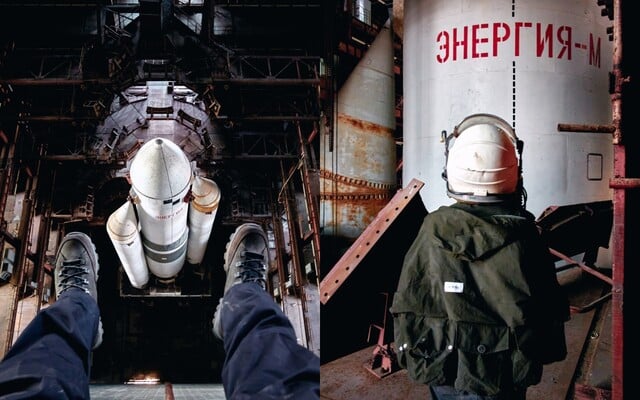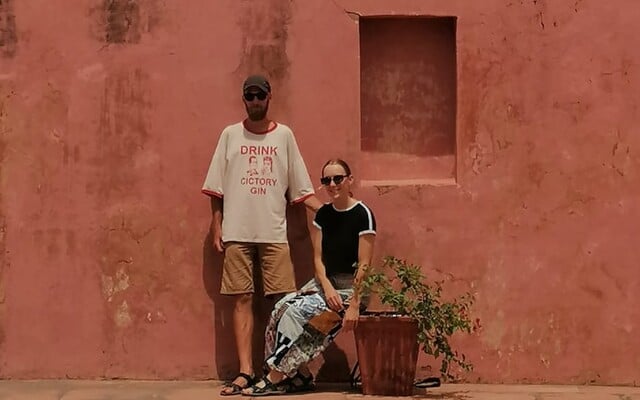 Latex model Natália: It turns me on to be a live f*ck doll. I can turn into a completely different person
Latex model Natália: It turns me on to be a live f*ck doll. I can turn into a completely different person
Latex model Natália: It turns me on to be a live f*ck doll. I can turn into a completely different person
Latex model Natália: It turns me on to be a live f*ck doll. I can turn into a completely different person
You Can Earn Decent Money on Premium Whiskey or Wine. How Does the Alcohol Investment Market Work?
The purchase of premium alcohol is an interesting investment opportunity, and its price is expected to continue rising.
If problems persis, please contact administrator.
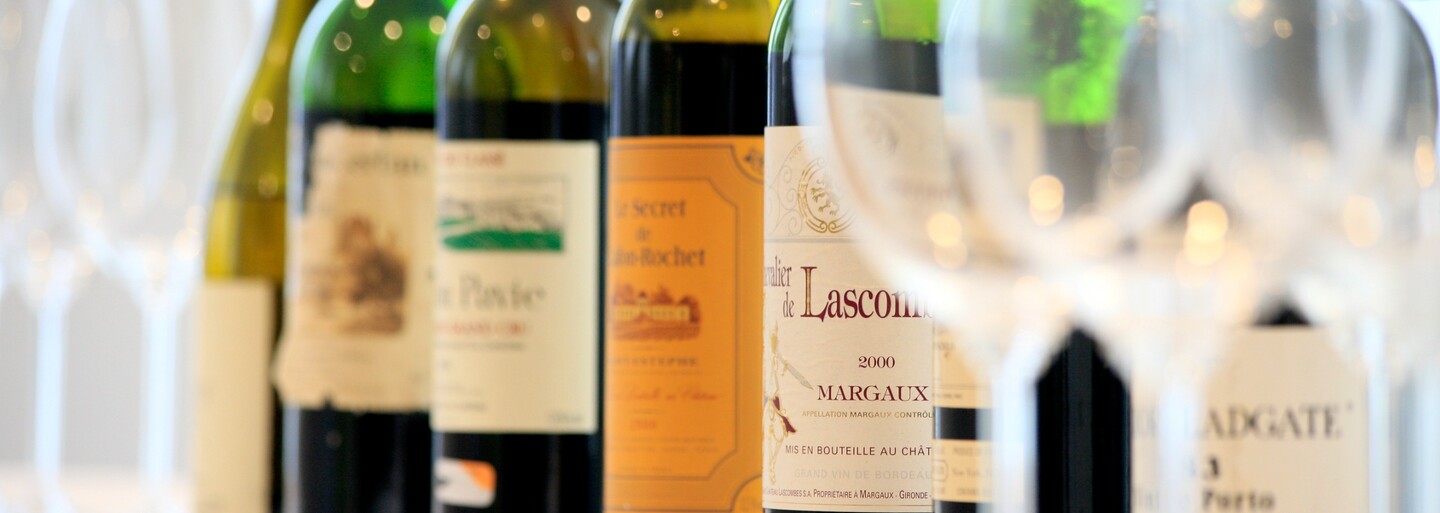
Investing in alcohol is often compared to investing in arts. Solid knowledge of this world can bring considerable economic success. Although it may seem like a get-rich-quick scheme, experts in the field say that there's a well-thought-out investment decision behind every bargain. "99% of people overestimate their decisions when investing in alcohol. It's quite common for them to imagine buying a house in 20 years with a 50-euro bottle of whiskey," says the whiskey expert Vaclav Rout. You can earn decent money on premium whiskey or wine. But how exactly does the alcohol investment market work?
The value of premium alcohol brands can increase by tens of percent per year, but on average, the yearly growth of investment alcohol is somewhere between 10 and 15%. Therefore, we can compare the return to investments in index funds. According to Rout, entering the investment alcohol market is risky, especially if you don't follow its development closely for a long time.
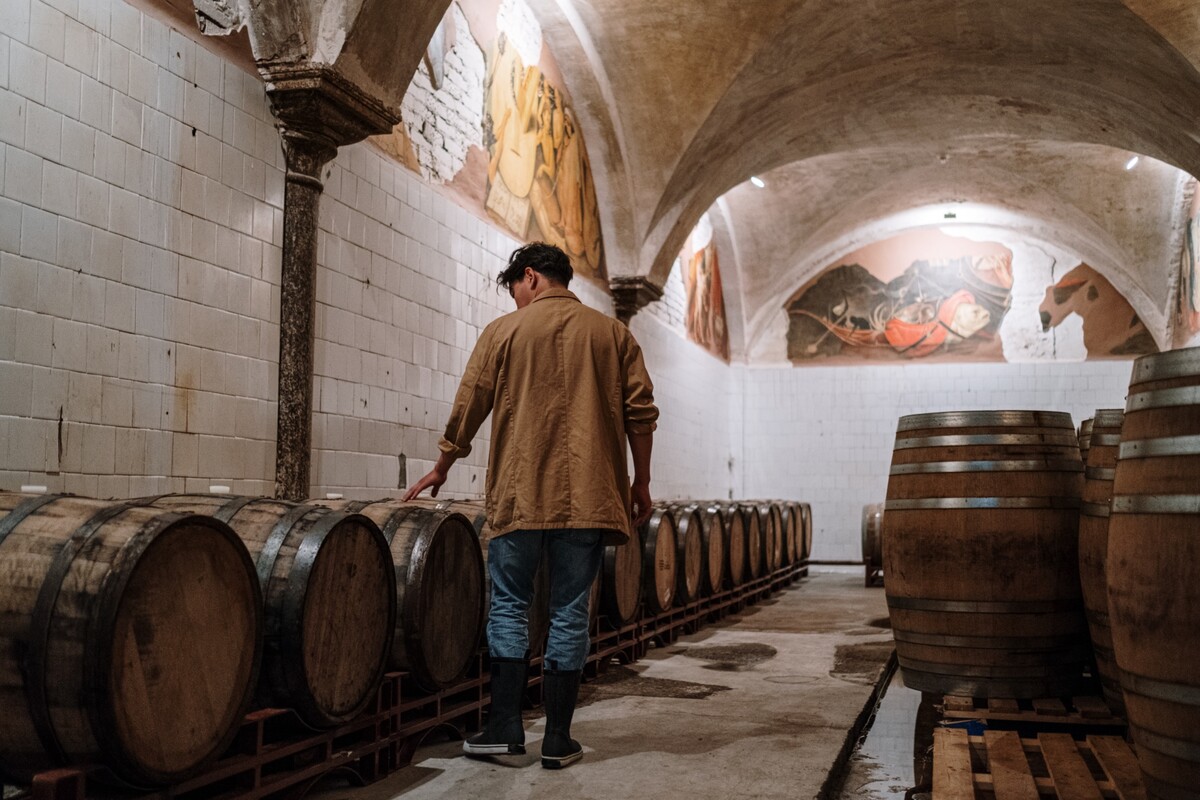
Not every bottle increases in value
Vaclav Rout is an established whiskey expert in the Czech Republic and a passionate collector with around 8,000 bottles. "I work for the Wine Management investment fund, which also includes a side whiskey fund. I play the role of a professional guarantor for the Czech National Bank, and I regularly evaluate their portfolio. They have a vast collection, including the 70-year-old Red Collection from Macallan. Three of these bottles (78, 74, and 71 years) are worth 6 million Czech crowns," he says, adding that not every old whiskey is automatically valuable.
"People sometimes find their grandfather's bottle of whiskey and think they can sell it for hundreds of thousands because they've read a similar story. These usually tend to be brands like Johnnie Walker and Ballantine's, which are sold for 100 euros, even at an older age," he adds.
Several factors determine the investment potential of whiskey. It is, of course, the brand, the fact whether it is a limited edition, the development of the price at auctions, the history of the distillery where it was produced, and the historical period that affected the date of its production.
"It's not something you can learn in a few days. For example, there is a distillery that has only produced 300 bottles in its entire existence. Of course, some of it has been consumed, so let's say there are maybe 250 bottles on the market. If you buy one of them, you can be sure you have a unique bottle," he explains the reason why it's so important to know not only market prices but also the history when investing in whiskey.
The most sought-after investment brands of whiskey are those from closed distilleries. "If a distillery does not exist and therefore does not produce new bottles anymore, its reserves are limited. For example, Brora or Port Ellen. These are rather valuable pieces on the market. For collectors outside of the alcohol investment world, Macallan is still number one," Rout adds.
Generally speaking, the rule for alcohol investment is that it's always better to buy one more expensive bottle than several cheaper ones. More expensive bottles are usually rare, and there's a better chance to sell them at a profit later.

Whiskey has one advantage over wines when it comes to investments - you don't need to have a certified warehouse. Valued wines also lose market value if their owner doesn't have a proper storage certificate.
"Whiskey isn't difficult to store unless you have it in direct sunlight or next to a radiator. Whiskey is very durable, and ideally, it should be stored in a cold and dark place. I have open bottles from the '30s or '40s, and they are still fine," Rout continues.
The investment alcohol market is going through a digital transition. Rare pieces are receiving their own tokens, making it possible to monitor the movement of bottles on the market and their price development. This technology could also prevent the sale of stolen bottles in the future.
The pandemic has also caused a decline within the alcohol investment market. "Last year, the average increase in whiskey prices was 13% per year. This year, it's between 16 and 17%. At first, it decreased due to the pandemic, but now the value is rising again. Of course, there are certain exclusive bottles, the value of which will increase by 60 to 70%," adds Rout. The price of whiskey is expected to continue rising in the future.
Last year, the average increase in whiskey prices was 13% per year. This year, it's between 16 and 17%.
Although the percentage of alcohol's annual returns on investment looks tempting, one important factor must not be forgotten. "Whiskey doesn't have as much liquidity as mutual funds. It won't be sold the very moment you need money instead. In addition, some countries have restrictions on the sale of alcohol. Therefore, keep in mind that you can get yourself into trouble if you want to make money by selling alcohol without a license. Most people who work with alcohol investments buy and sell abroad," he explains, adding that the best time to buy alcohol as an investment is in the past, as we are currently at the top. The value may be reaching its maximum potential.
 10 Things You May Not Know About Novak Djoković10 Things You May Not Know About Novak Djoković
10 Things You May Not Know About Novak Djoković10 Things You May Not Know About Novak DjokovićThe pandemic has caused a decline in the interest to work in viticulture
While most wines are bought for immediate consumption, some of them are bought with the intention of selling them at a higher price in the future.
"Investing in wine is done in one of two ways. The first involves purchasing and resale individual bottles or boxes of specific wines. Investment wines are usually sold in six or twelve bottles. The second option is to buy stock of an investment wine fund, which brings together investors' capital," sommelier Denisa Sutakova from WinePlanet / Corner & Co explains.
In France, these are wines from the Bordeaux region in the Premier Cru Classé classification. The sale of new editions takes place exclusively in advance before they are bottled in the En Primeur campaign. Hospices de Beaune in Burgundy county.
Demand for California wines has risen thanks to merchant and wine expert Steven Spurrier, who organized the Judgment of Paris wine competition in 1976.
Champagne is included in the wine category in terms of investment. "Super Tuscan" wines from the Bolgheri region - Sassicaia, Solaia, Tignanello - and Piedmont wines are gradually added. Aside from Europe, valuable wines from California's Napa Valley region are for example Screaming Eagle's and Opus One.
"Demand for California wines has risen thanks to merchant and wine expert Steven Spurrier, who organized the Judgment of Paris wine competition in 1976. If you've seen Wine of the Year, you might be familiar. If not, I recommend watching it," the sommelier continues. Investment wines also include some wines from Chile, such as Seña, Viñedo Chadwick, or Penfolds from Australia.
Creating a wine collection requires a lot of time, money, and effort. Wines must be stored in an air-conditioned space, without which they can lose their quality and market value over time. For example, direct sunlight is dangerous for them.
White, sparkling, and rosé wines are more susceptible to light damage. That's why they're usually bottled in tinted glass. "Bottles should be stored in a dark room. The optimal storage temperature of the wine is around 13°C. Large temperature fluctuations can damage wine. The optimum humidity is around 50 - 70%, which prevents the cork from drying out, molding, and other damage to the labels. Even movement and loud noises in the space affect the storage of wine - they can possibly stir up sediments. The bottles are always stored in a horizontal position," Sutakova explains.
If the potential collector doesn't have optimal conditions at home, there is a possibility to rent modern, fully equipped premises designed specifically for wine storage.
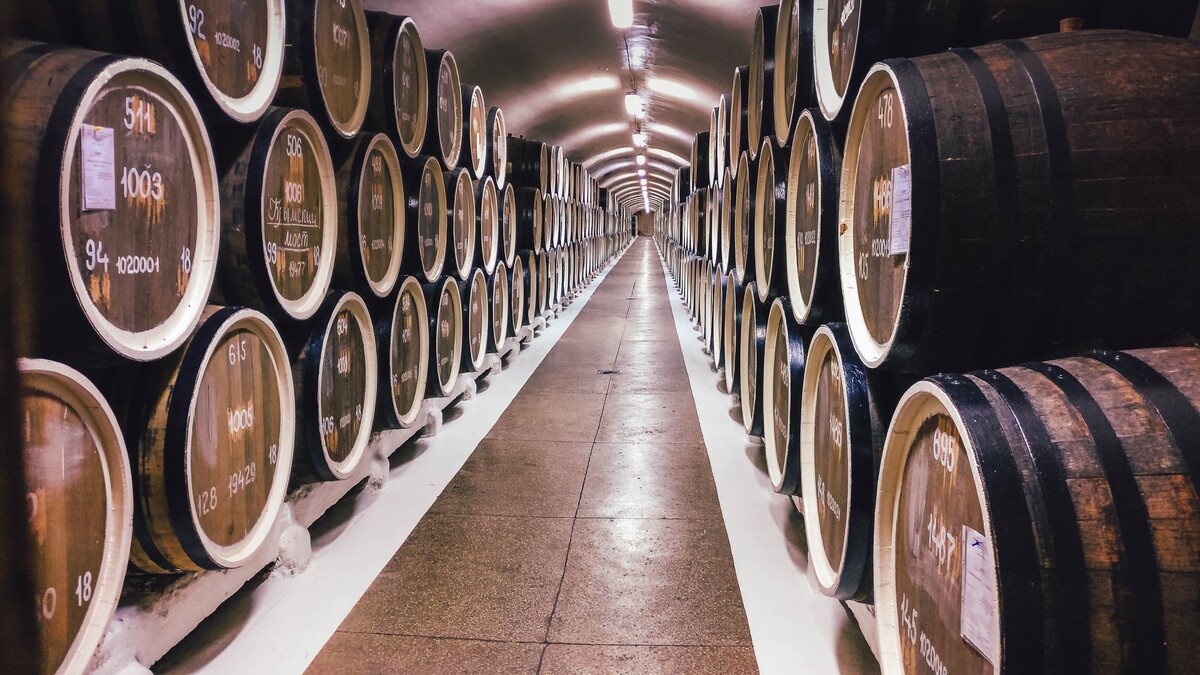
Due to high demand, wine sales are growing, especially in Asia, North and South America, and Russia. Wine is considered a long-term investment with a return of at least ten years. "During the covid-19 pandemic, the Liv-ex quality wine benchmarks recorded stable double-digit growth in contrast to extreme volatility in financial markets. Liv-ex 100 recorded a 14.7% increase over the 12 months leading up to July 31, 2021," says the expert, adding that the real impact of the pandemic on the wine market will only be estimated once it's over.
Even outside the pandemic, the annual growth in the wine market was around 10%. However, people's interest in working in viticulture or agriculture, in general, is already on a steep decline. On the other hand, this situation may motivate solvent applicants to invest in land and produce quality wines.
In general, investment or not, the price of wine is expected to keep rising. Same as whiskey. The demand for wine is constantly increasing, and production costs are continually growing.
If problems persis, please contact administrator.



